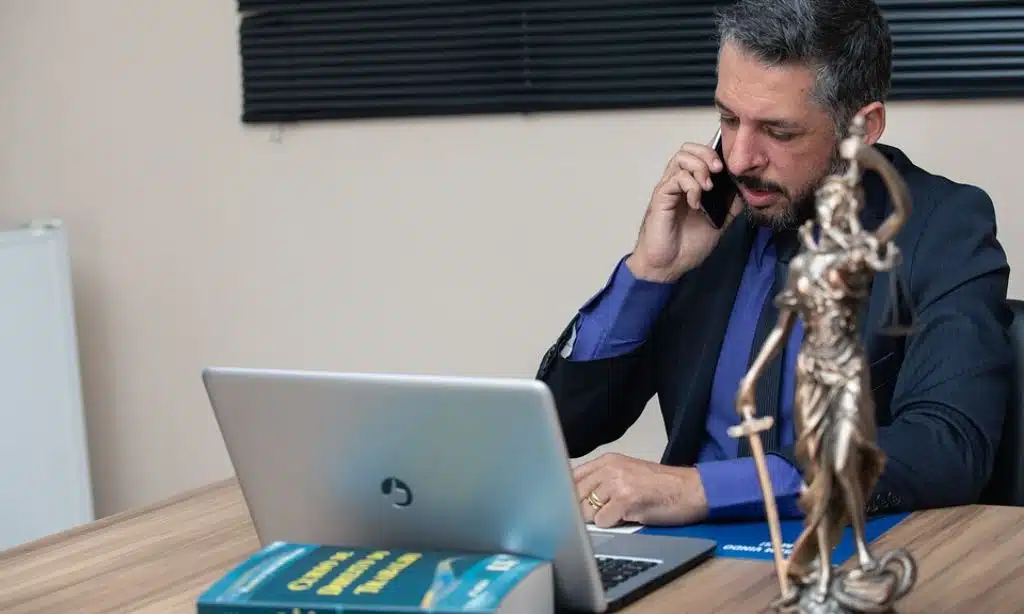Navigating the legal landscape can be a daunting task, especially when you need specialized assistance. Whether you’re facing a family dispute or a criminal charge, or require corporate legal support, choosing the right legal specialist is crucial. Making an informed decision can significantly impact the outcome of your case. Here are six essential tips to guide you in your search for the ideal legal professional.
1. Prioritize Experience
Finding a legal specialist with relevant experience in your specific area of concern is paramount. An attorney’s extensive background in a given field often determines their understanding of intricate legal codes and regulations relevant to your situation. For example, a lawyer who has worked primarily in family law may not be the best fit for a criminal case. Therefore, look for professionals who specialize in your area of need. Moreover, consider the length of their practice and the types of cases they have handled. Attorneys with years of successful representation in cases similar to yours likely possess a nuanced understanding of potential obstacles and solutions. Additionally, check if they are associated with reputable law firms, like the Matthew Trapani law office, which may signal further credibility and reliability. When evaluating options, it can be helpful to consult their credentials—such as their education, bar admissions, and any past accolades or awards.
2. Assess Communication Skills
Effective communication is key when working with a legal specialist. From the initial consultation to the resolution of your case, you want an attorney who can convey complex legal concepts in a way you understand. Look for someone approachable and willing to address your questions and concerns promptly. During your preliminary meetings, pay attention to how they explain legal terms and whether they listen to your concerns without interrupting. A specialist who communicates fosters a collaborative environment, ensuring you are informed at every step, ultimately leading to a better working relationship.
3. Review Client Testimonials and Referrals
One of the best ways to gauge the effectiveness of a legal specialist is by examining client testimonials and seeking referrals from trusted sources. Speak with friends, family members, or colleagues who have engaged with legal services, particularly in similar situations to help build a shortlist. Online reviews can also provide insight into the attorney’s capabilities and client satisfaction. A high rate of positive feedback and success stories can reinforce your decision. However, consider negative reviews as well; they can better inform your understanding of potential weaknesses or challenges you might encounter.
4. Inquire About Fees and Payment Structures
Understanding an attorney’s fee structure upfront can prevent any unwelcome surprises later in the process. Legal fees can vary greatly depending on the complexity of the case, the attorney’s experience, and their geographical location. Ask about their billing practices—whether they charge a flat fee, hourly rate, or a contingency fee based on case outcomes. It’s important to clarify all financial expectations during your initial meetings. Don’t hesitate to discuss your budget and inquire about potential payment plans or assistance options. A transparent discussion about finances can help ensure a mutual understanding of services rendered.
5. Evaluate Their Professionalism
Professionalism is another critical factor to consider when selecting a legal specialist. This encompasses their dress, office environment, and how they conduct themselves during interactions. From your first contact, take note of how quickly they respond to inquiries and how respectful they are to staff and clients alike. A professional attorney who values respect will likely also value their work and commitments to you as a client. Ensure that the attorney is an active member of relevant professional organizations, which not only highlights their dedication to the field but also keeps them informed about the latest legal developments.
6. Trust Your Instincts
When searching for the right legal specialist, it’s essential to trust your instincts and intuition throughout the selection process. While qualifications, experience, and expertise are important factors, your comfort level and trust in the lawyer’s approach can make a significant difference in the quality of your working relationship. If something feels off during your initial consultations—whether it’s a lack of communication, a feeling of being rushed, or a disconnect in their approach to your case—it’s important to acknowledge those feelings. A good lawyer should make you feel heard, respected, and confident that they are invested in your case. Trusting your instincts also means recognizing when a legal specialist’s values and communication style align with your own, which can lead to a more collaborative and productive relationship. Conversely, if you sense any red flags, such as a reluctance to provide clear answers, vague commitments, or pressure to make decisions quickly, it may be worth continuing your search.
Legal challenges can be overwhelming. By following these tips, you can ensure you select the right legal specialist to meet your unique needs. Making an informed, thoughtful choice increases not only your chances of a favorable outcome but also makes the legal process more manageable.





































